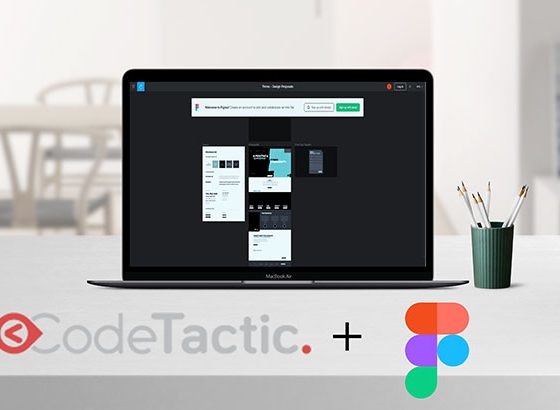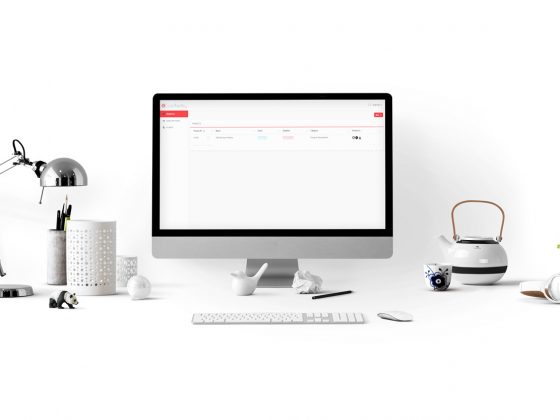If you’re an agent who is looking to add MLS to your website using IDX integration, the first question to ask yourself is which platform or CMS should your website be built on. There are many mainstream CMS solutions on the market. Drupal, Joomla custom PhP, just to name a few. However, with almost 71 percent market share, it’s most likely that you should be using WordPress.
As we’ve done for many of our clients, our CodeTactic team recommends RETS feed integration as the ideal solution over IDX / framing.
RETS Data Feed
The RETS framework is used in Canada and the USA by the real estate industry to facilitate the exchange of data. RETS was launched in 1999 by the National Association of Realtors and is now recognized as the standard for direct data exchange.
A RETS data feed is a unique raw data connection between your website and your MLS based on the Real Estate Transaction Standard that allows you to import property listings, and with quality integration, display them on your WordPress website.
Having MLS search available keeps potential leads on your site rather than giving them a piecemeal experience where they are forced to leave for another platform.
Keep in mind that many plug-ins will allow you to have an MLS search as a part of your website. However, be aware that many of these services being offered are known as IDX framing. Under framing, the IDX provider creates an I-frame on your site to view listings that reside on its servers. This will kill any SEO potential from your MLS Search, and limit your search engine visibility. The only benefit is that i-framing is very inexpensive and quick to setup.
We at CodeTactic recommend RETS integration as it is much more elegant and customized to your Real Estate brokerages branding – delivering a much better client experience.. As an alternative to IDX, a RETS data feed provides greater flexibility, better SEO, and quicker updates.
Follow these five steps to start displaying MLS property listings on your site and generating more leads.
Step 1: Acquire RETS feed from your MLS
The WordPress theme you select helps to drive the overall design and user experience of your website. The first thing you will need is a license for a RETS feed. This is the raw data feed that will service the integrated property listing display on your site. Your MLS will have more details about acquiring this feed, but generally, it will require some paperwork and possibly a one-time or recurring data-access fee.
Under RETS all MLS data is mirrored and reside on your web server and they are “readable” by search engines, which means your site may appear every time a user runs a webs search related to one of the listings on your site. A great live example would be our client Live the Shore: http://livetheshore.ca
Step 2: Choose the Ideal Technology Integration Partner
Once you’ve chosen your preferred technology, you should price shop for an integration partner. It is essential to have a long term vision for your Real Estate business and recruit website development and integration company that shares your long term vision and goals. At CodeTactic, we offer different Real Estate integration solutions based on your brokerage budget and marketing goals. You’ll want to ask your provider whether they use framing or organic. You also should ask about monthly fees. Some organic providers will sell you their software for a one-time payment, which in the long-term is probably going to save you money over paying monthly fees indefinitely.
Step 3: Connect to RETS
If you are using an organic system, you’ll need to connect your plugin to your MLS RETS database. To do this, your MLS should issue RETS login credentials. Enter these credentials into your plugin to import listings and add MLS search to your WordPress website. If you don’t have RETS login credentials our CodeTactic team can provide you with more information on how to obtain them.
Step 4: Configure feed
Organic users will have the chance to configure their feed at this point. With a technically proficient team, you will need to map the fields and property types you want visible in your MLS searches. At this point, your Web development team will need to work with your IDX provider to see if they can accommodate any necessary changes in your MLS setup.
Step 5: Add Widgets
You should use widgets to control what appears on your website. For example, your plugin may allow you to add favorite or featured property functions to a sidebar. You also may be able to configure your search bar or agents from your widget panel. This will allow you to personalize your MLS search and website.
If you would like to implement this to your website, contact us. We are a team of professionals ready to help you improve your platform!











